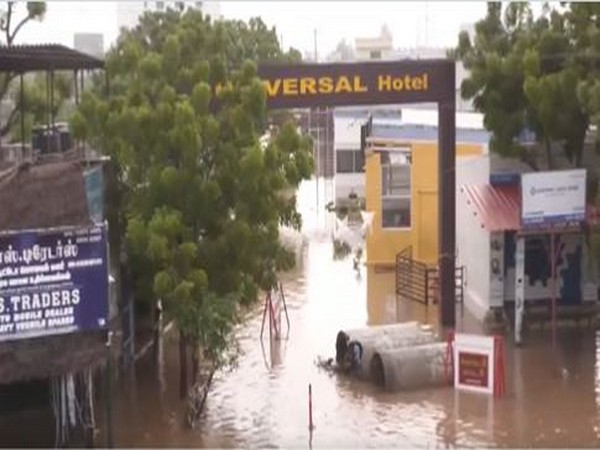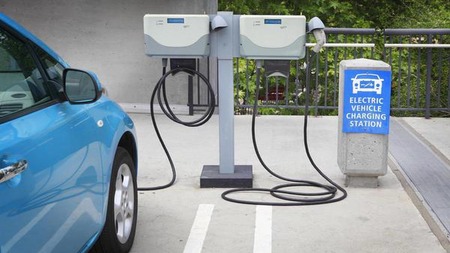Geofence warrants have been possible because Google collects and stores specific user location data altogether in a massive database called “Sensorvault.”…reports Asian Lite News
Google has moved to end a long-running surveillance practice called “geofence warrants”, a practice that allowed law enforcement agencies to use Google’s location data to identify potential criminals.
“Geofence warrants” require a provider — like Google — to search its entire reserve of user location data to identify all users or devices located within a geographic area during a time period specified by law enforcement.
According to TechCrunch, the use of “geofence warrants” have increased in recent years which, according to people, are unconstitutional.
Google announced last week that the Timeline feature in Maps helps you remember places you’ve been and is powered by a setting called Location History. “If you’re among the subset of users who have chosen to turn Location History on (it’s off by default), soon your Timeline will be saved right on your device — giving you even more control over your data,” the company informed.
Just like before, you can delete all or part of your information at any time or disable the setting entirely. Google did not mention “geofence warrants” directly but this move will now force police to seek a search warrant to access a specific device, rather than asking Google for the data.
Geofence warrants have been possible because Google collects and stores specific user location data altogether in a massive database called “Sensorvault.”
Google reported several years ago that geofence warrants make up 25 per cent of all warrants it receives each year.
Police in Minneapolis used a geofence warrant to identify individuals who attended protests following the police killing of George Floyd in early 2021. The Electronic Frontier Foundation (EFF) said in a blog post that “for now, at least, we’ll take this as a win” .
“These changes would appear to make it much more difficult—if not impossible — for Google to provide mass location data in response to a geofence warrant, a change we’ve been asking Google to implement for years,” said the foundation. “It’s very welcome news for technology users as we usher in the end of 2023,” the EFF added.
In its transparency report in 2022, Apple said it received 13 geofence warrants demanding its customers’ location data, but provided no data.
ALSO READ-Apple’s new iOS 16.6 update fixes iPhone security flaws














